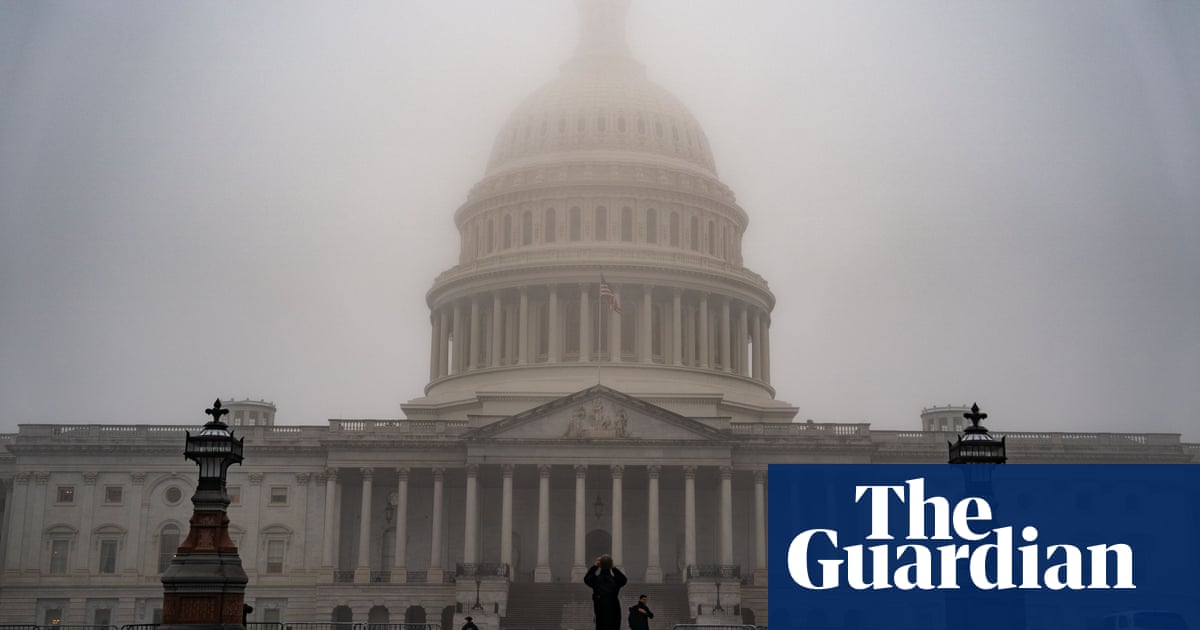Key US unit fighting disinformation abroad in jeopardy ahead of Trump return

The Global Engagement Center (GEC), a state department unit critical to combating foreign disinformation, will not receive a multiyear extension in the latest National Defense Authorization Act, putting its future operations in jeopardy.
The next chapter of the GEC – which only addresses foreign influence operations outside the United States – now relies on Congress to come up with an extension some other way by 24 December, or the United States will face a potential gap in its international disinformation response capabilities.
In response to the NDAA snub over the weekend, a state department spokesperson told the Guardian: “As our adversaries continue to ramp up their efforts globally, it’s counterintuitive – and dangerous – to weaken or worse yet dismantle, the US’s leadership in this critical mission.”
The GEC is the latest institutional target to get hit by congressional Republicans, who have grown increasingly skeptical of the center and other US agencies for allegedly censoring conservative viewpoints. Last year, the Republican-led House judiciary committee labelled the Department of Homeland Security’s Cybersecurity and Infrastructure Security Agency as “the nerve center” of a social media censorship apparatus of the government.
The GEC has been instrumental in exposing significant disinformation campaigns in Latin America and Moldova, including a complex Russian operation in Africa called the “African Initiative” this year. This campaign sought to undermine US and western influence by spreading conspiracy theories about US-funded health programs through social media, websites and Telegram channels.
Bipartisan supporters, including Chris Murphy, a Connecticut senator, and John Cornyn, a Texas senator, had proposed an amendment to extend the center’s mandate through 2031, but the effort ultimately failed to make it into the final NDAA text.
“I’m pursuing every avenue to ensure the GEC authorization does not expire and their critical work can continue,” Murphy said.
Marco Rubio, a Florida senator and Trump’s pick for secretary of state, has long been vocal about his concerns about foreign influence operations by way of China and Russia. His office did not respond to a request for comment on whether it would back the state’s GEC entering a new era.
Several prominent Republican lawmakers, including the outgoing House foreign affairs chair Michael McCaul, have criticized the GEC for allegedly overstepping its mandate. Those lawmakers argue that the center, through its connection with the UK-based Global Disinformation Index, has been complicit in labeling conservative media outlets as high risk for spreading disinformation.
“A win for free speech and Main Street America!” the House Committee on Small Business posted on X on Tuesday. “The shuttering of the State Department’s Global Engagement Center means there is one less way for unelected bureaucrats to violate Americans’ First Amendment rights.”
According to the center’s own assessment, countries like China have invested “billions of dollars” to exert global information control through disinformation and propaganda.
